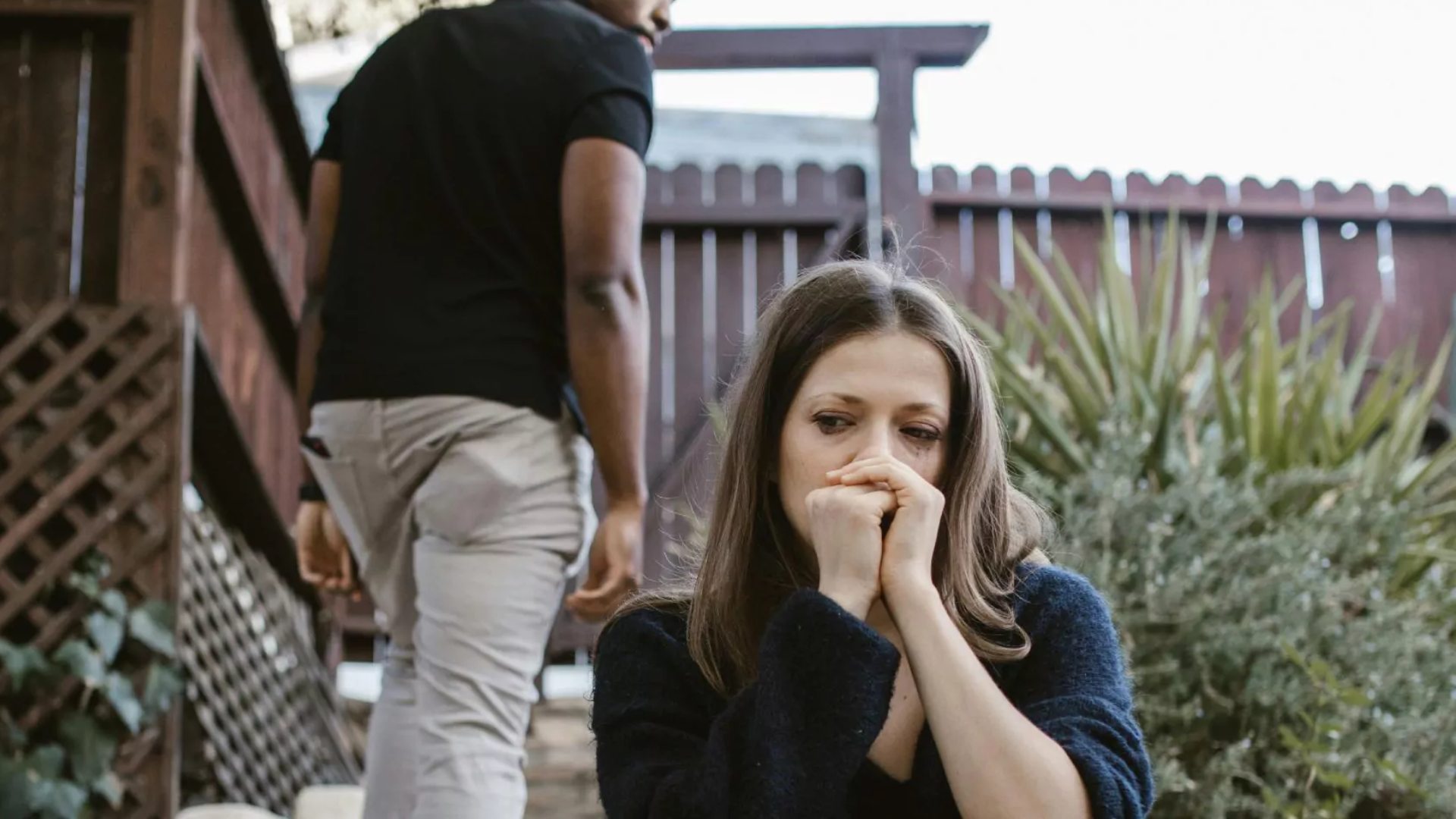
Breaking up with one's parents is never a decision taken lightly. Long considered a social taboo, this voluntary separation is now being expressed with increasing freedom.
A breakup often matured in pain
On social media, in therapeutic circles, or through publicized testimonies, people are speaking out. For many people, saying "I cut ties with my parents" isn't a whim or a form of revenge: it's an act of survival, a choice to rebuild. In the majority of cases, this break doesn't happen overnight. It's the result of repeated tension, verbal, psychological, or physical violence, or even constant emotional disinterest.
These are wounds that accumulate during childhood, adolescence, and then adulthood. The decision to break up often comes after multiple attempts at dialogue, compromise, or family therapy have failed. "It took me years to understand that what I was going through wasn't normal. I felt guilty about turning my back on them, but I was suffocating in this relationship that was destroying me little by little," confides Camille , in her thirties. Her testimony, like that of many others, reflects a reality that is more widespread than we imagine.
The weight of taboo and guilt
In many cultures, filial love is sacred. Severing ties with one's parents is seen as a betrayal, a moral transgression. Society expects children to forgive and respect, no matter what. This highly normative social outlook makes the decision even more difficult to accept.
"I was told I was ungrateful, that I would end up alone. But no relationship justifies constant humiliation. I chose to protect myself," says Nadia , 29, who cut off all contact with her mother two years ago. For many, the break is primarily an act of protection: a way of setting boundaries where none had ever existed.
Rebuilding outside the family pattern
Once the bridges are cut, the work of rebuilding begins. Individual therapy, support groups, reading, personal development: the tools for recovering from a family breakup are varied, but essential. It's about deconstructing unconscious loyalties, rethinking one's identity without parental scrutiny, and, above all, learning to live without constantly seeking their validation.
This process sometimes allows for the rebuilding of other, chosen, healthier connections. Many speak of "heart family"—friends, partners, or mentors—who fill the emotional void left by their biological family. This process can be lengthy, but it often allows for a unique form of emancipation.
A dynamic that affects all generations
Contrary to popular belief, this decision isn't limited to young adults. People in their 40s, 50s, and even 60s are also choosing to end toxic relationships with their parents. This phenomenon isn't limited to one age group; it spans generations, with stories of domination, abuse, or simply emotional indifference.
Social media, particularly TikTok and Instagram, have helped liberate this discourse. Hashtags like #NoContact and #EstrangedFromParents bring together thousands of testimonies, often from women, who describe the same journey of pain, awareness, and empowerment.
Breaking up to fully exist
Cutting ties with one's parents doesn't erase the wounds of the past. However, it can open a path to a more aligned, more peaceful existence. For many, it allows them to break out of a cycle of reproducing suffering and create a new personal story.
Some people reconnect after years of distance, once the wounds have healed. Others maintain silence, without hatred, but with lucidity. What matters, ultimately, is the right to choose the relationship you want—or don't want—to have with your family.
To say "I cut ties with my parents" is to affirm a personal decision, often painful, but profoundly liberating. It is to refuse to suffer "in the name of family." In a society that increasingly values mental health and self-respect, this choice finally finds legitimacy, and above all, a listening ear.
Comments
Post a Comment